Justice Ibrahim Muhammad of a Kano State High Court has issued an order of perpetual injunction, restraining the Attorney General of the Federation(AGF), Central Bank of Nigeria (CBN), the Revenue Mobilization Allocation and Fiscal Commission (RMAFC) and others from withholding the allocations of the 44 Kano State Local Governments.
The applicants, through their counsel, Mr. Bashir Yusuf-Muhammad, filed a motion exparte on November 1,2025, requesting the court to restrain the respondents from withholding or delaying allocations essential for local governance in the State.
The applicants are the Chairman of the Nigeria Union of Local Government Employees (NULGE), Ibrahim Muhd, and others, including Ibrahim Uba Shehu, Ibrahim Shehu Abubakar, Usman Isa, Sarki Alhaji Kurawa, and Malam Usman Imam.
The respondents are the AGF, the CBN, the RMAFC, the 44 Kano Local Governments, United Bank of Africa (UBA), Access, and six other commercial banks.
In his judgment, Justice Muhammad ruled that the applicants had successfully proven their case, and consequently, he granted them the relief they sought.
The judge said: “I resolve in the affirmative that all the reliefs sought by the applicants are granted as follows:
“By the decision of the Supreme Court of Nigeria in suit No SC/CV/343/2024 Attorney General of Abia State and 35 others.
“The Kano State Local Government Council Electoral Laws 2022, the AGF, CBN, and RMAFC are under a duty to disburse monthly allocations to the 44 LGAs as democratically elected Local Government Councils.
“A Declaration that withholding these allocations would amount to a breach of the fundamental rights of the residents, inhabitants in the 44 Local government Councils, as guaranteed under Sections 33, 42 and 43,44, 45 and 46 of the 1999 Constitution of the Federal Republic Of Nigeria (As Amended).
“Articles 13,19,22 and 24 of the African Charter on Human and Peoples Rights for the AGF, CBN and RMAFC to exclude the 44 LG in the distribution from funds accruing from the Federation Account in line with Section 162(3) of the 1999
Constitution of the Federal Republic of Nigeria (as amended).”
Earlier, counsel to the applicants, Mr. Yusuf-Muhammad, urged the court to disregard the respondents’ counter affidavit and grant the reliefs sought by the applicants.
Counsel to the 44 Local Governments, Mr. Ibrahim Isa-Wangida, who represented Mr. Eyitayo Fatogun (SAN), did not object to the plaintiff’s application and further emphasized that the distribution of local government allocations should not be disrupted or stopped.
Counsel to the CBN, Mr. Ganiyu Ajape, responded by filing a notice of preliminary objection on November 14, 2024, citing Order 8, Rules 1 and 2 of the Fundamental Rights (Enforcement Procedure) Rules.
He urged the court to strike out the name of CBN in the suit for lacking jurisdiction to entertain the case and not to grant the applicants relief.
Counsel to UBA, Keystone Bank, and Guarantee Trust Bank, Mr. A.B. Emmanuel, urged the court to strike out his clients’ names from the suit and award substantial costs against the applicants.
He said: “My Lord, there is no reasonable cause of action disclosed against our bank. We have no role in the disbursement of Local Government allocations.”
Persecondnews recalls that the Supreme Court of Nigeria on July 11, 2024, granted the country’s 774 local government areas full financial autonomy.
This landmark ruling enables local governments to manage their finances independently, free from state interference.
A seven-man panel of the Supreme Court, led by Justice Emmanuel Agim, delivered the judgment, which was a result of a suit initially heard on June 13, 2024.
The court recognizes them as an independent tier of the federation.
It also criticized the longstanding denial by state governments of financial autonomy to local governments.
Justice Agim emphasized that the 774 local government councils across the country should independently handle their finances.
He stressed that the funds are meant solely for democratically elected local government administrations, not caretaker committees, dismissing the defendants’ (state governors) preliminary objections.
In addition, the court mandated that allocations from the Federation Account intended for local governments must be directly paid to them henceforth, bypassing state government coffers.







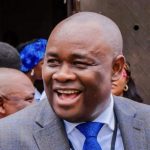


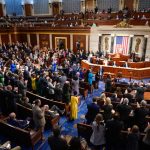









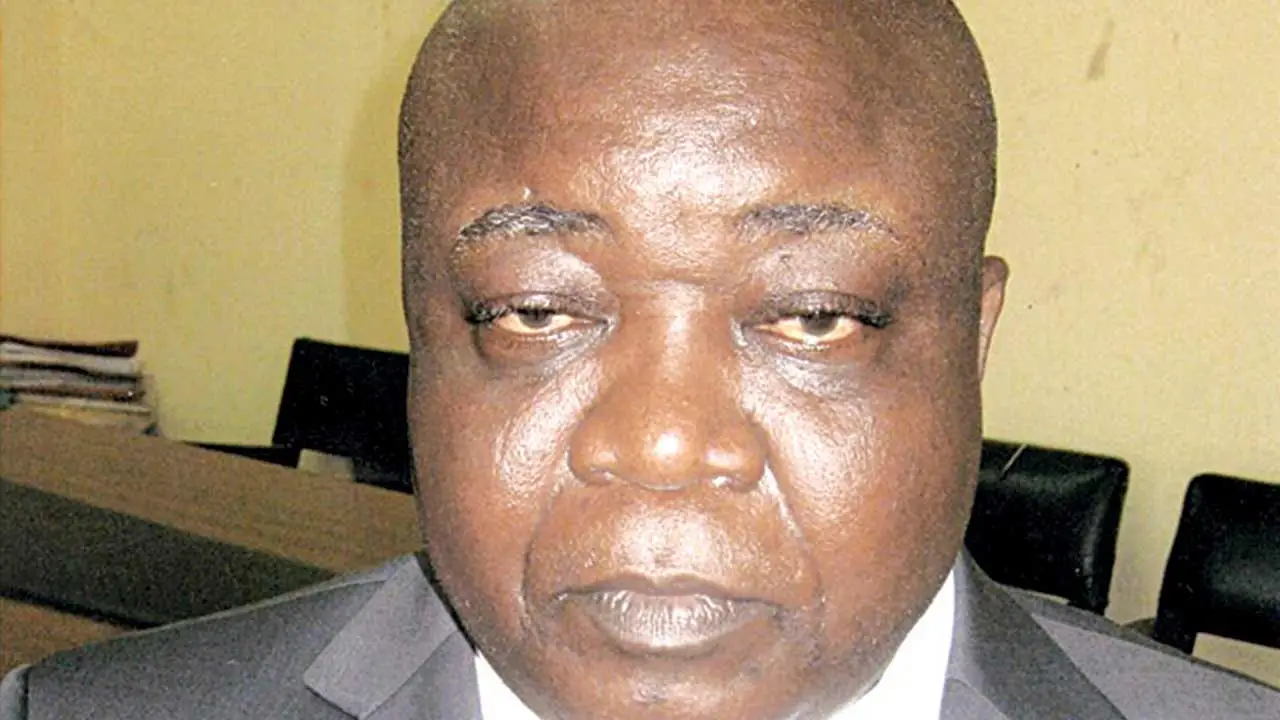
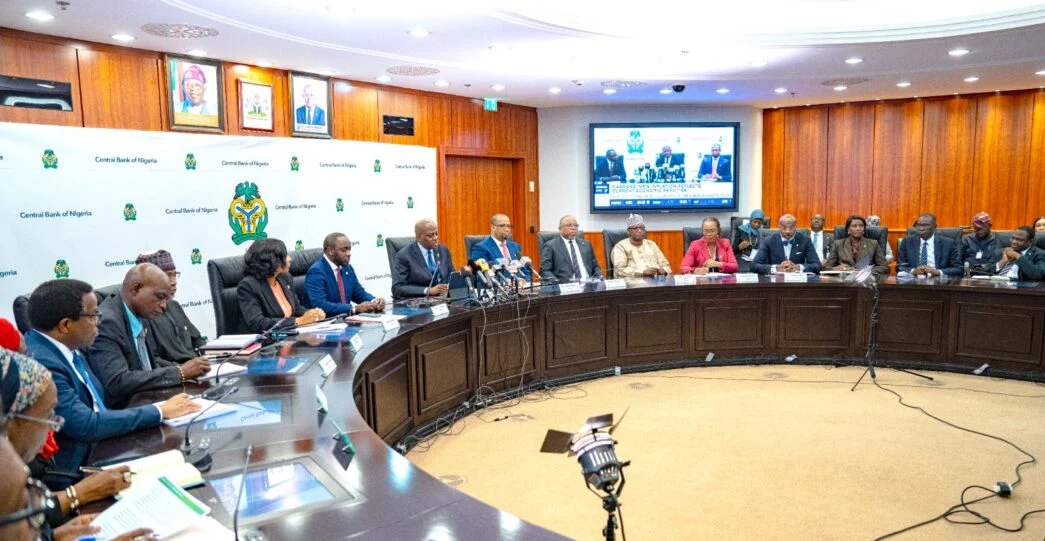
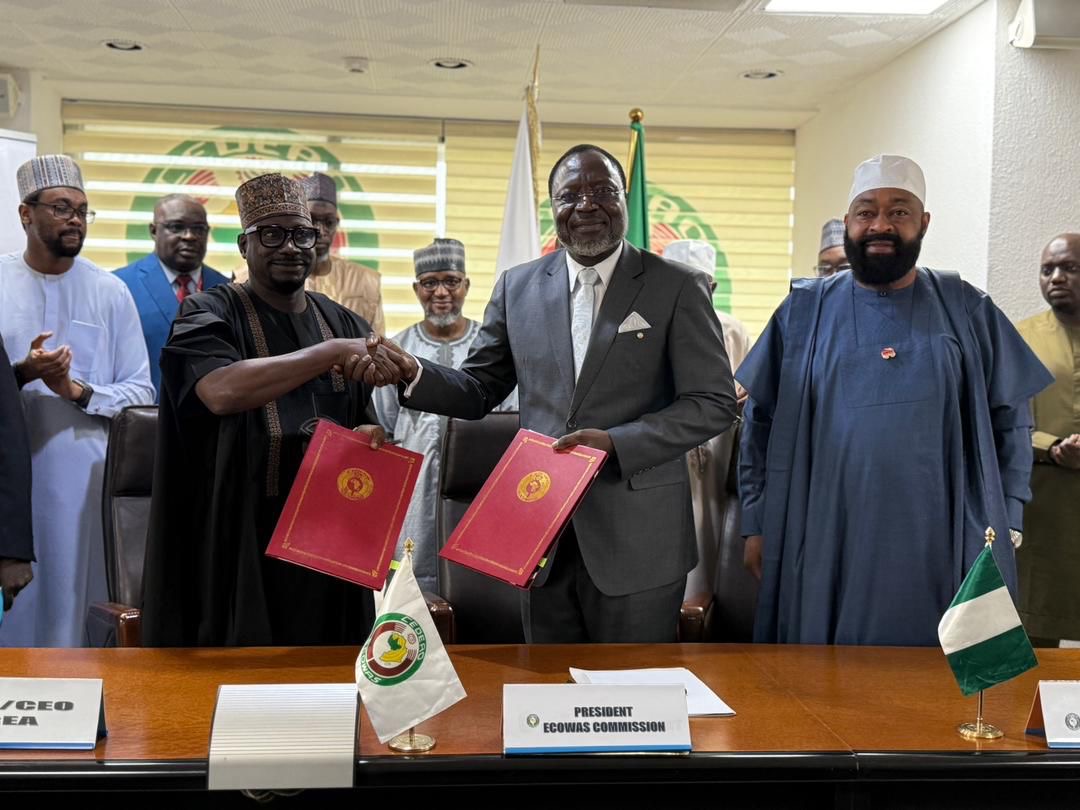
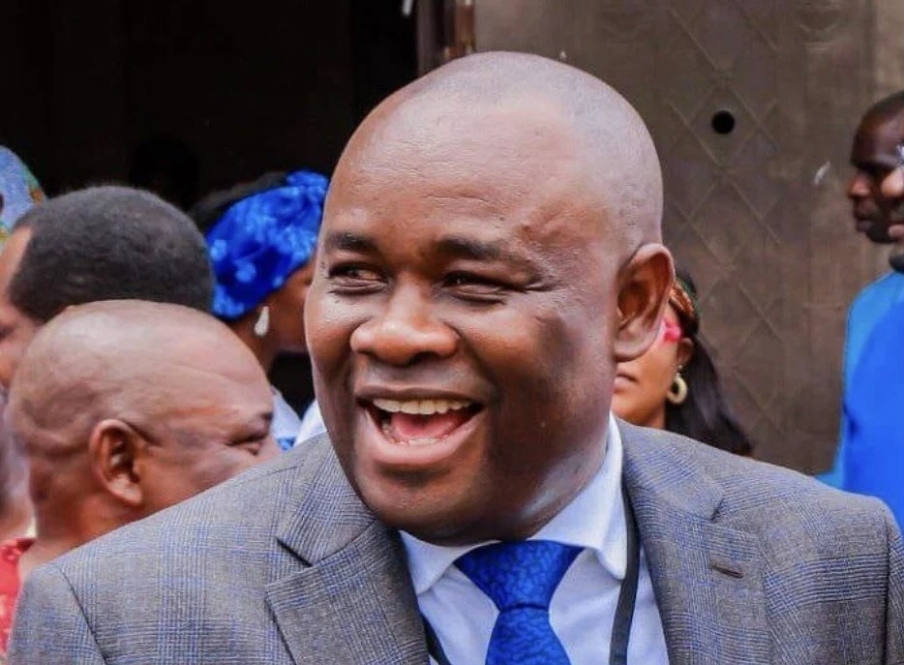
Leave a comment